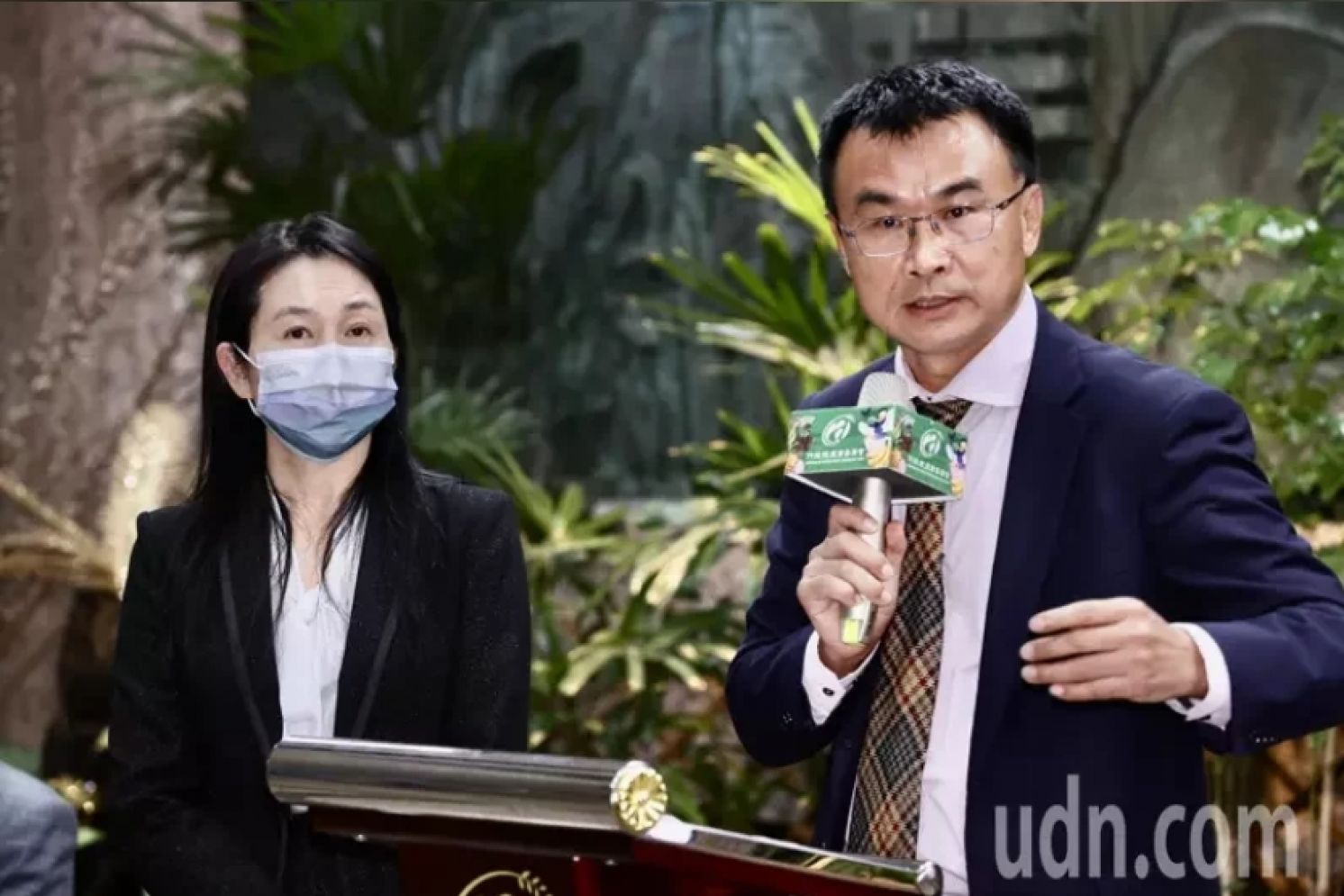
Economy in Peril, But Officials Are All Talk
United Daily News Editorial, December 17, 2022
After the local elections, a series of indicators show that the economy may be approaching downfall. The most serious one was a double-digit exports decline of 13.1 percent in November. None of 11 product items across five categories including electronics and parts saw growth, while imports experienced a decrease of 8.6 percent.
Director-General Tsai Mei-na of the Department of Statistics, Ministry of Finance (MOF), described the digit is frustrating and “lackluster.” The Central Bank also admitted that the speed of economic recession is beyond expectation, our economic growth cannot “maintain 3 percent” in 2022 and 2023.
Recently, Giant Manufacturing, which makes renowned Giant bicycles, faced a plunging “avalanche of market demand,” rarely sent mails requesting cooperative plants to extend 45 days for payment period, shocking the industry. In the past three years, Giant benefited from the explosive demand of bicycles during global coronavirus (COVID-19) pandemic, its revenue entertained huge growth. Last October, this company was celebrating its 50th anniversary and calling, “Here comes the opportunity.” Unexpectedly, just a month later, countries began to lift lockdown restrictions, the demand of bicycle market collapsed overnight. Giant set a record high of stockpile in 50 years, evidencing the dramatic change of consumer market.
During the pandemic, Taiwan still maintained a steady growth, the administration of President Tsai Ing-wen was very complacent. However, the ever-changing global political and economic situation, the “revengeful consumption” after “lockdown lifting” did not materialize as expected. Instead, stockpiling surfaced in many industries. Thus, the U.S. technology industry began to retrench, and in this light “unpaid leave” reemerged in Taiwan’s tech industry. Besides, the Russia-Ukraine War has resulted in global energy and food shortages, leading to fearful inflation. Meanwhile, excessive lockdowns in mainland China have slowed down economic growth and consumption. Heavily reliant on foreign trade, Taiwan must bite the bullet of recession.
Both imports and exports of Taiwan turned black, and the signs were already seen in September. However, the decline in exports narrowed in October, and imports even turned positive, which once made people think that the recession was just a temporary illusion.
In fact, November statistics reveal that a recession in foreign trade recession was inescapable: Exports of high-demand electronic parts ended a 24-month growth streak with a low and has turned into an annual decrease of 4.9 percent, a most startling warning. MOF officials stated candidly that negative growth in the fourth quarter would be “the die is cast,” and the decline would be higher than 3.9 percent, currently estimated at 7 percent.
By region, among the major five regions of our export, mainland China, Association of Southeast Asian Nations (ASEAN), the United States and Europe are all in sharp recession except Japan. Among them, mainland China and Hong Kong, accounting for more than 40 percent of Taiwan’s exports, have hit a trade recession as high as 20.9 percent, the sharpest in eight years. Besides, annual declines of 11.3 percent in the United States and 19 percent in Europe all reflect headwinds in global trade. Taiwan has nowhere to escape but to face it. Under these circumstances, is Taiwan qualified to abandon some market or boycott any market?
Regretfully, the cabinet led by Premier Su Tseng-chang is full of loose-cannoned officials. Recently, the export of many agricultural and fishery products to mainland China was banned, the Tsai administration availed of this opportunity to highly play its anti-China card. Minister Chen Chi-chung of the Council of Agriculture, Executive Yuan, bragged that the council has successfully adjusted export market, fresh and frozen fruits exported to Japan increased to 50 percent while that to mainland China decreased to 1.7 percent. In fact, the market share of Taiwan fruit in mainland China has decreased given that exports were banned due to quality concerns. Minister Chen even acclaimed that he was successful in expanding the market, a claim nothing but brazen. On the other hand, Director-General Wu Hsiu-mei of the Food and Drug Administration, Ministry of Health and Welfare, availing of the registration hiccup of Chia Te pineapple cake in China, twisted the spearhead and acclaimed that mainland China intends to steal the formula of pineapple cake, remarks greatly confusing to the public.
Still worse is how Legislator Wang Ting-yu of the Democratic Progressive Party (DPP) taking the opportunity to fan the flames by calling for government to “retaliate” by using Taiwan’s industry advantages to sanction China, including restricting exports of Taiwan-made wafer chips or communication products to the mainland. Such acts of self-amusing bragging and irrational cursing likely upset the ears of industrious business leaders. A government incompetent to solve industry problems is indeed extremely shameful. How dare ruling party legislators use critical technology products as retaliatory weapon: It is downrightly more horrible than an autocracy.
The sinister challenge of the economy lies ahead, and inflation is pressuring people’s lives. Can officials do more practical things and talk less?